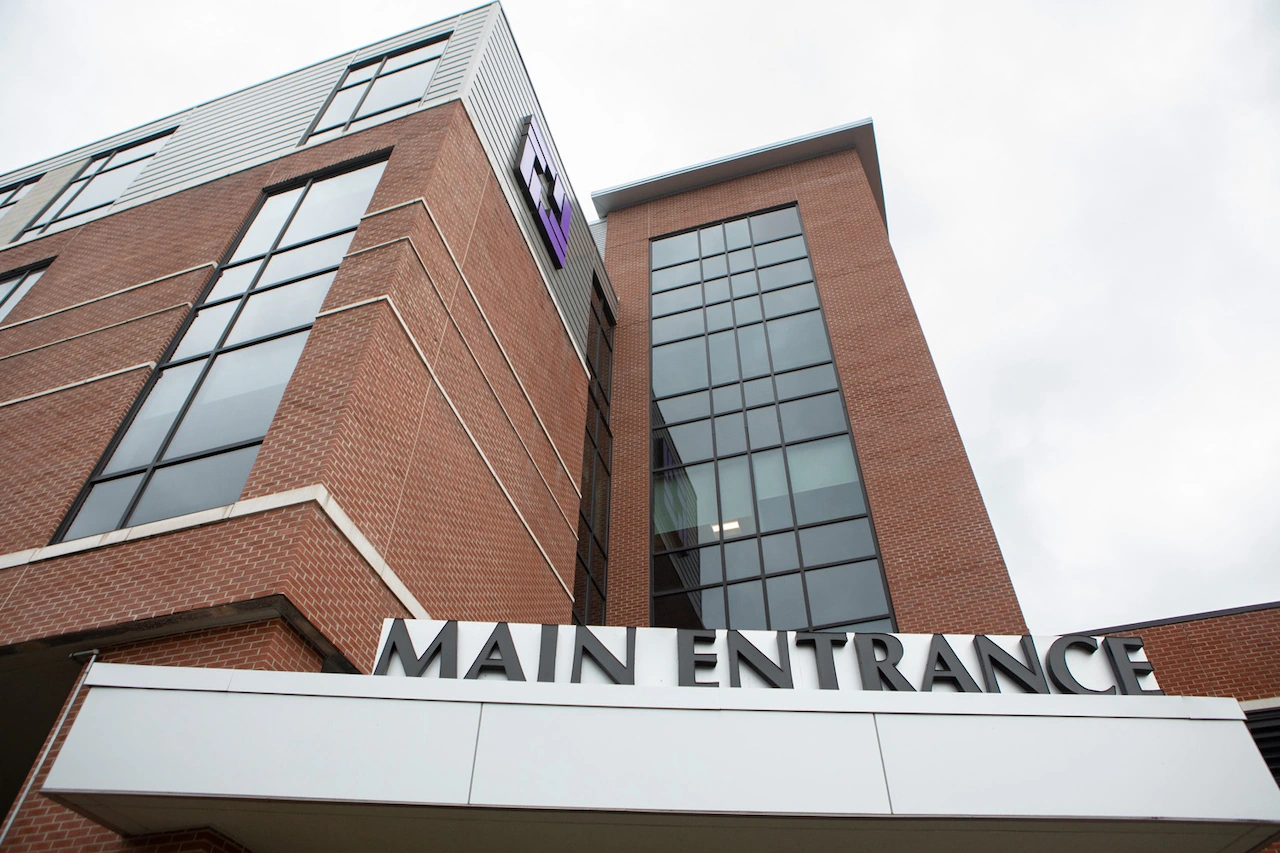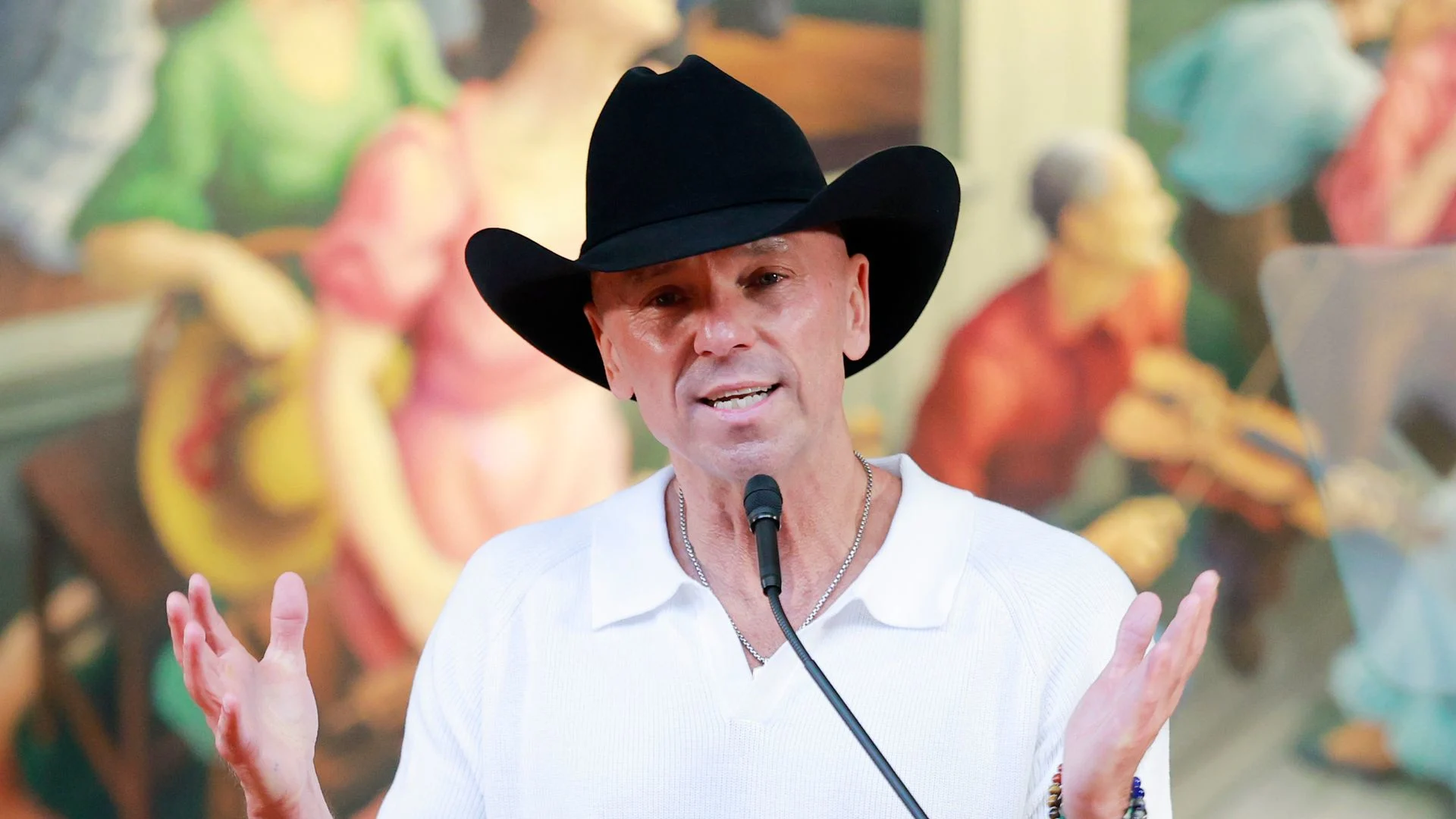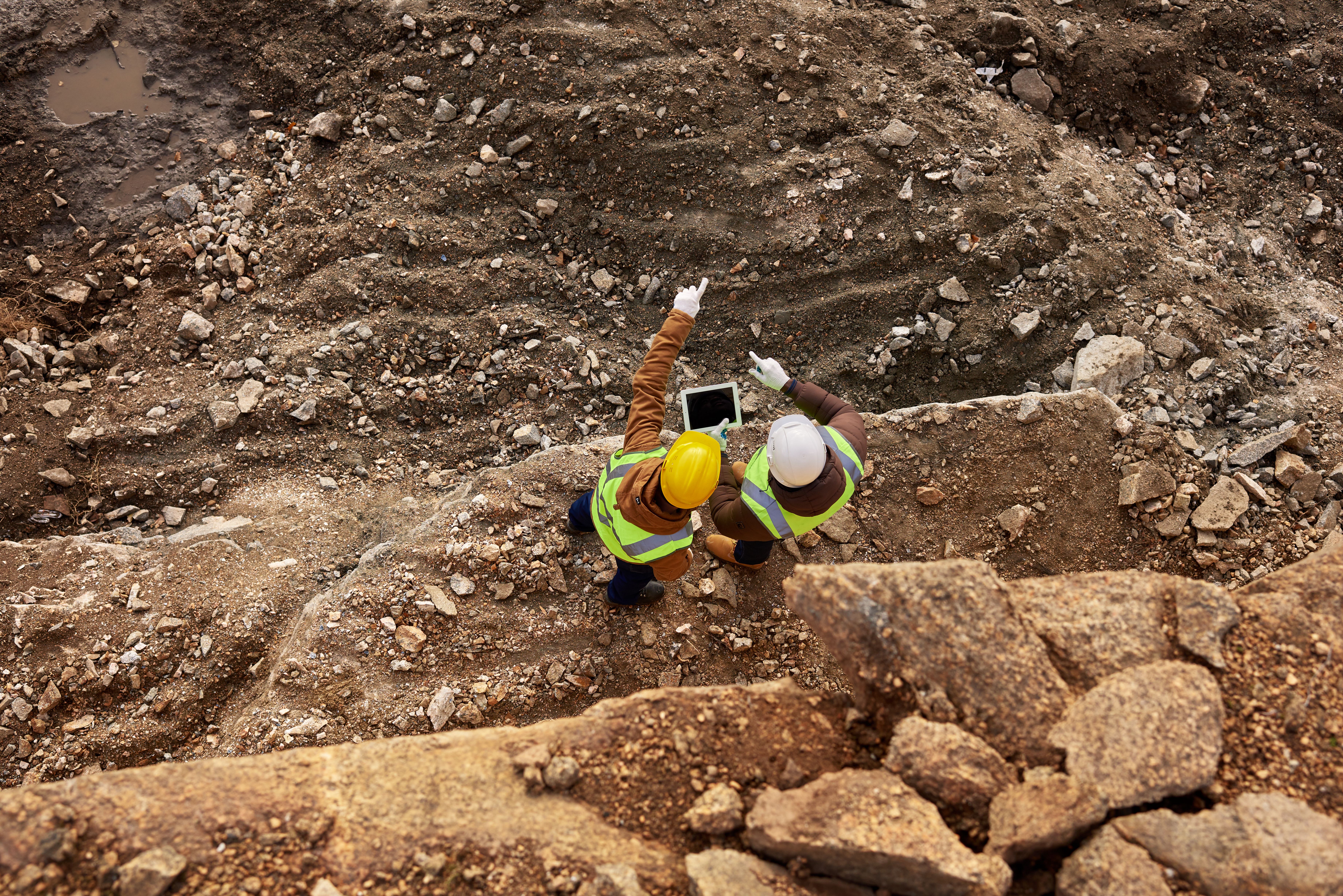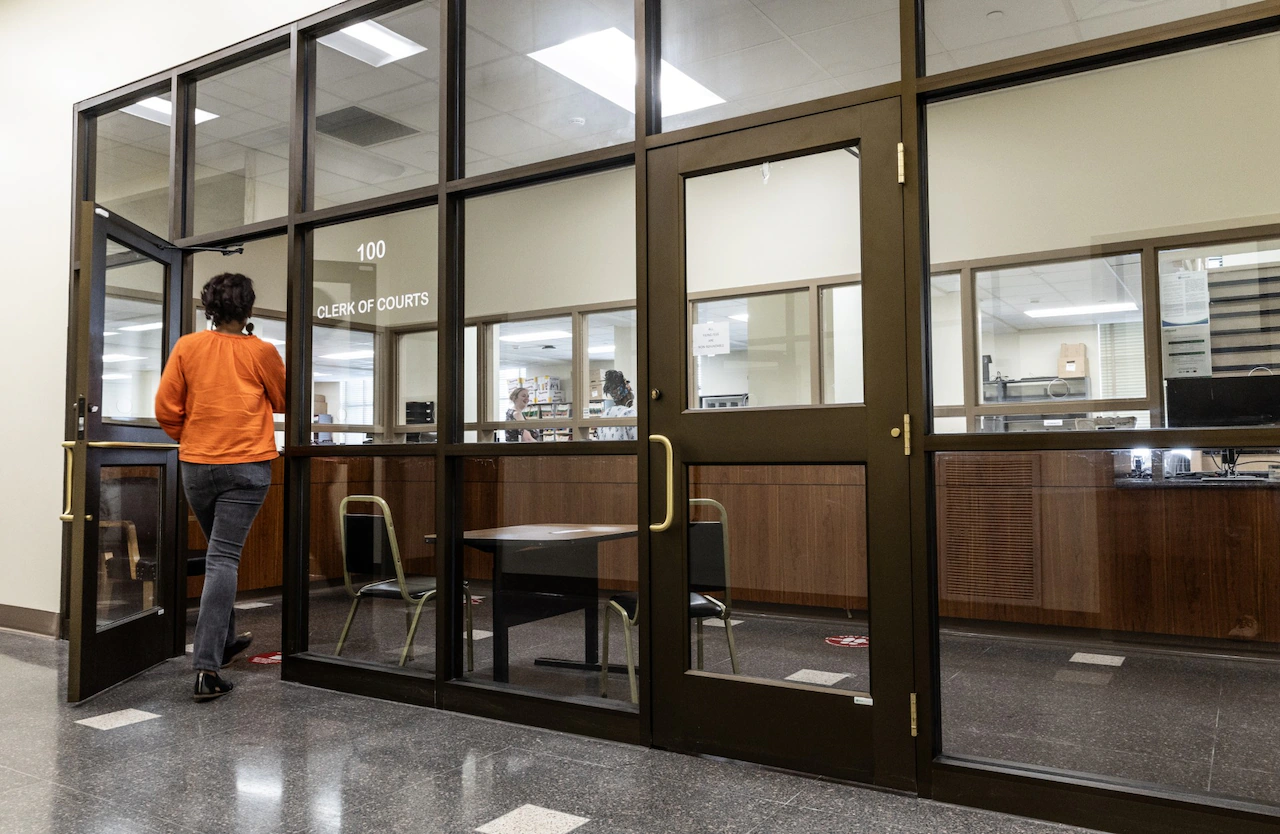Copyright syracuse.com

Syracuse, N.Y. — Sharon Owens’ career in public service — launched more than 40 years ago with a college internship at a neighborhood community center — has now made Syracuse history. Voters elected Owens the first Black mayor of Syracuse on Tuesday. She will be the 55th mayor in the city’s 177-year history. Owens is also the second woman to win the job. Owens, a Democrat, led with more than 73% of the vote with about one-third of precincts reporting. Her lead became insurmountable early on. She beat Republican Thomas Babilon and independents Alfonso Davis and Tim Rudd according to unofficial results Tuesday night from the Onondaga County Board of Elections. Owens spent the last eight years as deputy mayor to Ben Walsh, who has reached his two-term limit. Syracuse becomes the fourth of New York state’s five largest cities to elect a Black mayor. Of that group, only Yonkers, the state’s third-largest city, now has never elected a person of color into the seat. The sixth largest city, the state capital of Albany, was also poised to elect its first Black mayor on Tuesday. Owens, 62, came to Syracuse from her hometown of Geneva in 1981 to study at Syracuse University. She majored in economics with plans to someday work on Wall Street. She earned a track scholarship in her second year, and a work-study internship brought her to the Dunbar Center. Owens said that’s when her love affair with Syracuse began. After graduating in 1985, Owens stayed in the city and started her career working for nonprofit organizations, including the Dunbar Center, PEACE Inc., Jubilee Homes and Home Headquarters. Her experience in housing drew the attention of Mayor Stephanie Miner, who made Owens deputy commissioner of neighborhood development. She worked alongside Walsh, who headed the business development operations, during Miner’s first term. After returning to the private sector to run Syracuse Model Neighborhood Facility, the nonprofit that operates Southwest Community Center, Owens got behind Walsh’s 2017 independent run for mayor. A month after his election victory, Walsh announced Owens as his second-in-command. She has remained in that post for the entire Walsh tenure. As deputy mayor, Owens had direct oversight of the city’s police and fire departments and its neighborhood and business development office. She took lead roles in the city’s police reform efforts, the establishment of a gun violence reduction office and the creation of a housing policy that included forming a city housing strategies agency. Owens signaled interest in succeeding Walsh in the summer of 2023, but did not launch her campaign until September 2024. She ran as a Democrat, but in part because she had been a prominent backer of independent Walsh, some leaders in the party were hesitant to back her. Longtime City Councilor Pat Hogan earned the Onondaga County Democratic Committee endorsement over Owens, but that did not stop Owens from securing a decisive primary win in June over Hogan and Common Councilor Chol Majok. Hogan refused to endorse Owens in the general election. Throughout the primary and fall campaign seasons, Owens’ opponents largely focused their efforts on attacking Walsh’s performance and connecting Owens to what they said were failures to meaningfully address poverty, infrastructure, housing and crime. Owens pushed back on the attacks and defended the administration’s accomplishments. She also made an effort to say she won’t lead a continuation of the Walsh administration. Owens’ own messaging has focused on making sure Syracuse residents benefit from transformative projects already underway — the removal of the Interstate 81 viaduct, the redevelopment of the former 15th Ward neighborhood decimated by the highway’s construction and the Micron semiconductor manufacturing campus planned for the northern suburbs. Her slogan, “Maximize the Moment,” aimed to bring those opportunities to the front of voters’ minds. Owens’ win, though historic, was not surprising. She was the clear frontrunner. Democrats have more than four times as many registered voters in Syracuse as Republicans. Owens raised $426,800 and spent roughly $360,000 over the past year on the campaign trail, compared with $31,600 raised and $27,500 spent by Babilon. Rudd raised less than $6,000, while Davis did not file legally required campaign finance reports this fall. Owens and her husband live in the city’s Meadowbrook neighborhood. They have two grown children who also live in Syracuse. She takes office Jan. 1. The job pays $150,000.



